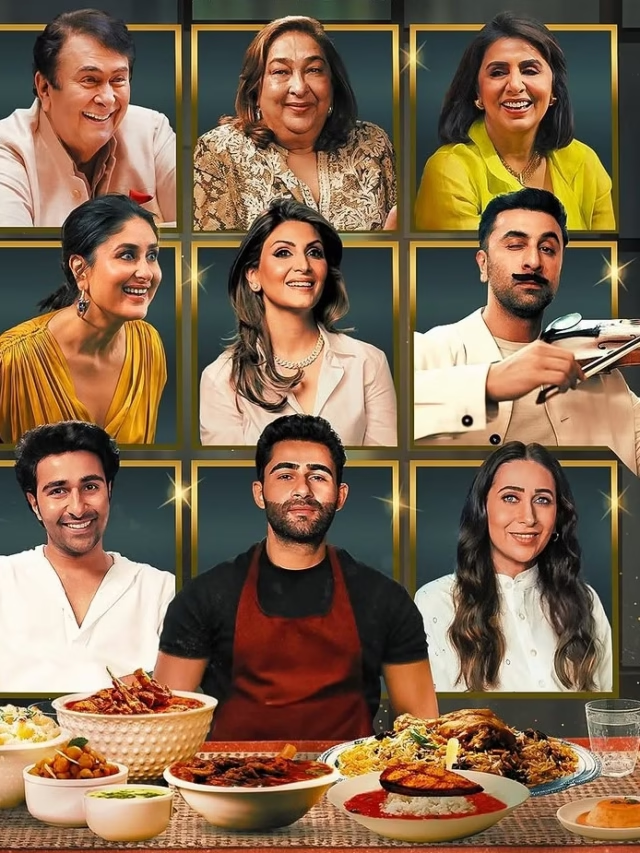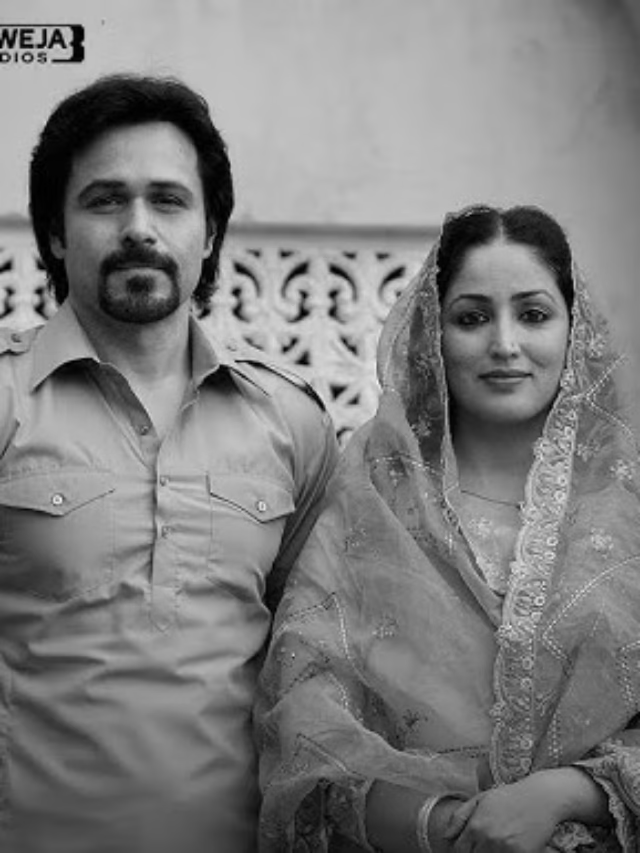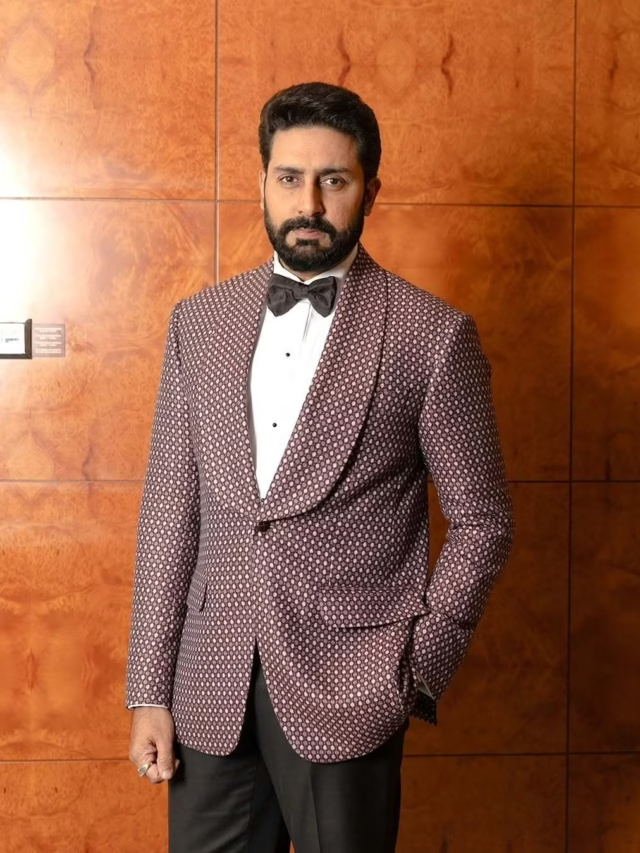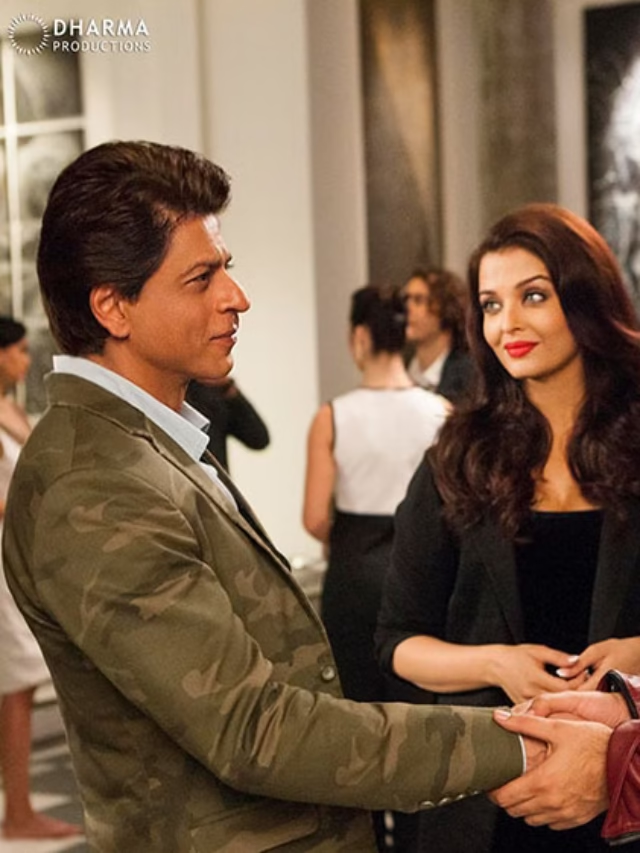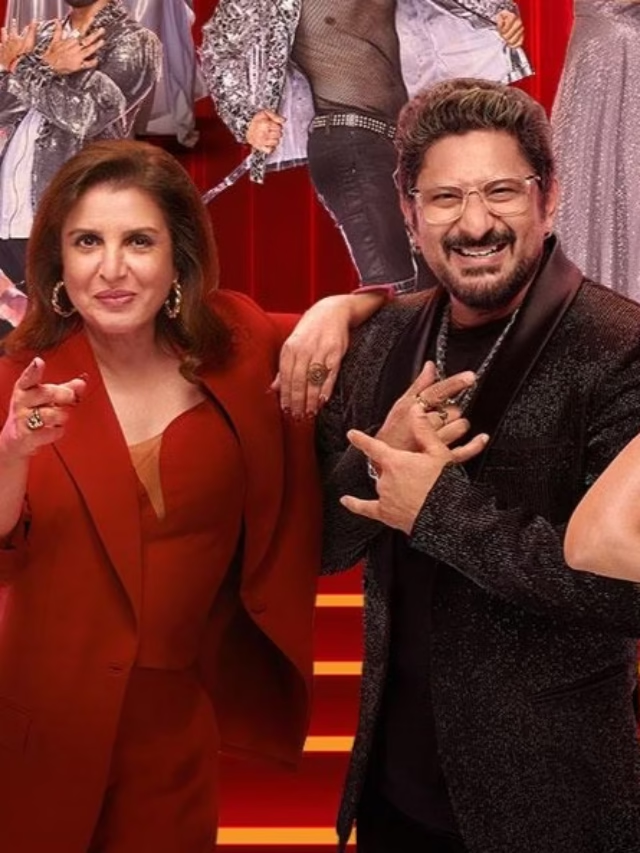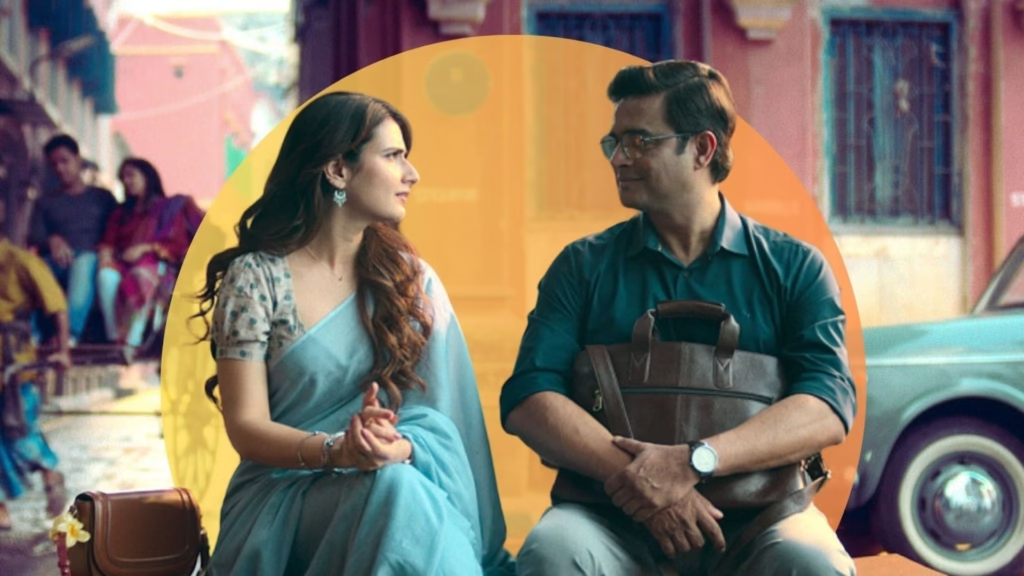
Tired of the same tired Bollywood romantic comedies with over-the-top weddings and tired tropes, Aap Jaisa Koi on Netflix could just be what you’re craving. The latest from Dharmatic Entertainment offers a fresh spin on love, arranged marriage, and above all women’s agency.
Made by Vivek Soni (of Meenakshi Sundareshwar fame), this delightful romance interweaves understated storytelling with striking themes and thus becomes a full-fledged modern feminist romance against the soulful background of Kolkata.
An Unusual Match: Shrirenu and Madhu
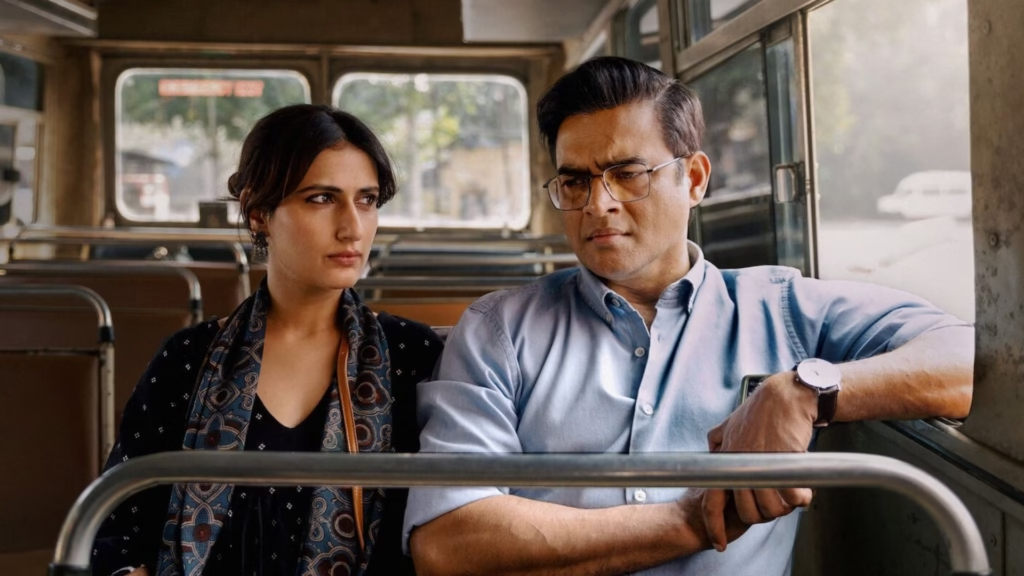
The movie’s narrative revolves around Shrirenu Tripathy (R. Madhavan), a reclusive 42-year-old Sanskrit lecturer in Jamshedpur. He leads a quiet, protected existence, still a virgin and thinking he’s cursed because of childhood rejection. His world is in subdued colors—literally and psychologically.
Madhu Bose (Fatima Sana Shaikh), a confident 32-year-old French teacher from Kolkata, is the opposite. She’s independent, outspoken, and carries herself with elegance in pastel organza sarees. Their paths cross through a matchmaking attempt by Shri’s lovable sister-in-law Kusum (played beautifully by Ayesha Raza).
What follows is a slow, sweet courtship filled with small but intimate moments. From bonding over chai and old Hindi songs to thoughtful chats about life and literature, their growing connection feels real and tender. Even visually, Madhu’s colorful influence begins to brighten Shri’s monochrome world.
A Bold Take on Feminism and Desire
What really makes Aap Jaisa Koi shine is the way that it addresses patriarchy and societal expectations—without becoming a lecture. The movie makes a daring shift during the engagement when a plot twist surrounding a sex-chat app called “Aap Jaisa Koi” puts their nascent romance on hold.
Here, the movie opens up a complex discourse regarding female sexual freedom, moral double standards, and hypocrisy that’s embedded in conventional relationships. Writing never hesitates to present a woman’s right to want—and her right to be regarded.
One such scene captures the film’s spirit to perfection. When Shri promises to “”grant” some freedom after marriage, Madhu coolly retorts, “And why will you decide my limits?” It is impactful without being sermonized—and makes a strong argument for love equality.
Kolkata: The Silent Hero of the Story
Kolkata is not only a location here; it’s woven into the narrative. The vintage architecture, pastel colors, and gentle sitar sounds all contribute to the serenity of the movie. The atmosphere is nostalgic but contemporary—exactly the fusion of tradition with forward-thinking ideals.
The Justin Prabhakaran Rochak Kohli songs, such as gorgeous numbers like Mila Tujhe and Saare Jag Mein, raise the emotional quotient. Visually, the movie shifts from Jamshedpur’s muted tones to the golden tones of Kolkata, reflecting Shri and Madhu’s emotional transformation in a subtle way.
Excellent Performances That Ground the Movie
R. Madhavan delivers one of his most poignant performances as Shri. He brings vulnerability and uncertainty to life with subtlety, acing a man brought up by convention who comes to accept equality in due course.
Fatima Sana Shaikh is radiant as Madhu. She’s not only the love interest; she’s the heart and soul of the film. Her characterization of a modern Indian woman—confident, vulnerable, and full of agency—is real and engaging. Her chemistry with Madhavan is palpable and mature.
Ayesha Raza as Kusum also infuses emotional depth and warmth into the film, while Manish Chaudhary adds depth to her troubled marriage subplot. Namit Das offers comic relief, though his character still feels a bit sketchy.
A Gentle Film with a Strong Heart
The speed of Aap Jaisa Koi is leisurely, but that’s by design. It provides room for the characters and feelings to breathe, and some scenes read as poetic flash photographs of real life. Some portions do come across as slightly on-the-nose in their presentation of the feminist message, though.
Though the themes of the movie are significant and well done for the most part, some of the dialogues do feel a bit preachy—”telling” rather than “showing.” It’s a minor flaw otherwise in a gentle narrative.
But when Shri honestly requests a “retest” to be a better partner, it’s sweet—albeit with the question left hanging: why should women always be the ones having to instruct men on how to love equally?
Final Verdict
Aap Jaisa Koi is a subtle but strong film that leaves you with much to ponder. It celebrates contemporary love without losing cultural substance. With soft aesthetics, soulful music, and strong performances, it’s a feminist romance that doesn’t cry for notice—but still needs to be watched.
It may not be a great movie, but it’s honest, courageous, and heartwarming. For viewers who appreciate meaningful films, strong female protagonists, and genuine emotional content, Aap Jaisa Koi is an absolute must-watch on Netflix.



